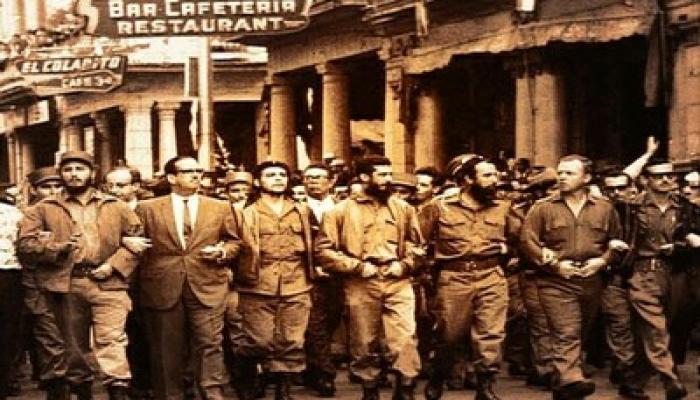Havana October 15 (RHC-PL) -- The international symposium "The Cuban Revolution: Genesis and Historical Development," concluded today after three days of intensive discussions.
About 70 researchers, historians, sociologists, political scientists and other experts from more than 20 countries met at Havana's Convention Center to exchange on topics related to the history of the island over the past 60 years.
An exceptional moment of the meeting was the lecture given Wednesday by the Brazilian theologian Frei Betto, which was attended by Cuban First Vice President Miguel Diaz-Canel.
Frei Betto pointed to the need to train new generations feel part of the Cuban Revolution. Speaking to the press, the Dominican friar rejected the economic, commercial and financial blockade imposed by the United States against Cuba, while he considered the restrictions suffered in this country as a factor of resistance of the Cuban people.
During the event, issues like Cuba's cooperation with Angola; internationalism; the foreign policy of the Revolution and medical cooperation with African countries were presented.
In addition, the working committees delved into the roots of the revolutionary process; history, heritage and science; the national liberation process in the 1950s and the political-military strategy of the historic leader of the Cuban Revolution Fidel Castro.
On the panels some of the social impacts generated by current changes in Cuba were discussed, with a view toward the institutional developments of the so-called Special Period.


